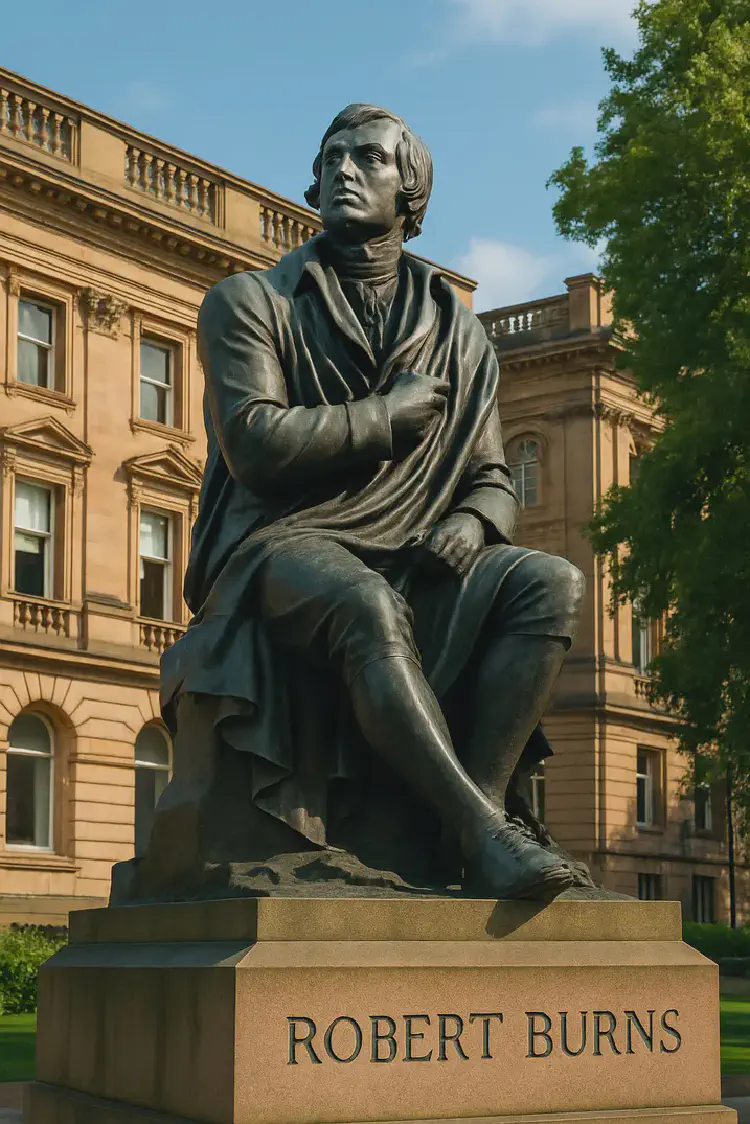Scottish literature and poetry
Scotland has given the world some of its greatest writers and poets. From medieval ballads to modern novels, its literary tradition reflects the nation’s history, landscapes, and identity.
- Scotland Tours
- 2 min read

Early Traditions
Scotland’s literary heritage begins with oral storytelling and medieval poetry. Ballads and folk tales carried stories of love, battle, and legend through generations.
Robert Burns
Known as the national poet of Scotland, Robert Burns (1759–1796) wrote in both Scots and English. His works such as Auld Lang Syne and Tam o’ Shanter capture Scottish life, humor, and humanity. Burns Night, celebrated each January 25th, honors his legacy worldwide.
Sir Walter Scott
Author of classics like Ivanhoe and Waverley, Sir Walter Scott was central in shaping romantic ideas of Scotland through novels and poetry. The Scott Monument in Edinburgh commemorates his influence.
Modernist Voices
Writers like Hugh MacDiarmid revived Scottish literature in the 20th century, promoting the Scots language and national identity. Poets such as Sorley MacLean championed Gaelic literature, linking it with cultural survival.
Contemporary Writers
Scotland continues to thrive as a literary nation, with internationally acclaimed authors like:
- Irvine Welsh (Trainspotting), capturing modern urban life.
- Liz Lochhead, poet and playwright, celebrated for her witty and feminist voice.
- Ali Smith and Jackie Kay, award-winning writers exploring identity, society, and belonging.
Literary Landmarks
- The Scottish Poetry Library in Edinburgh.
- The Writers’ Museum, dedicated to Burns, Scott, and Robert Louis Stevenson.
- Book festivals, including the Edinburgh International Book Festival, one of the largest in the world.
Why Visitors Should Explore It
Scottish literature and poetry provide windows into the nation’s soul—its struggles, humor, resilience, and imagination. For travelers, following in the footsteps of great writers adds depth to any journey through Scotland.